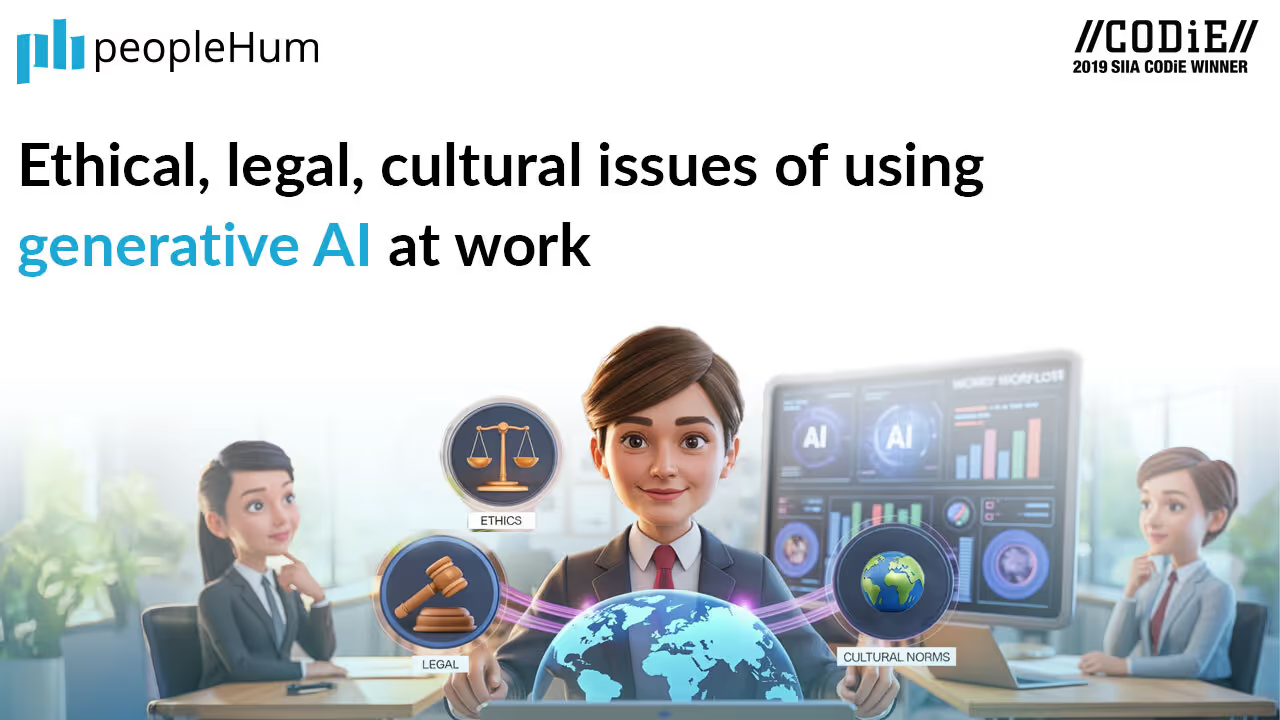“We want people to challenge the status quo!”
“We encourage constructive dissent!”
“We need people who let us know when we are headed in the wrong direction!”
Enron’s leaders did a wonderful job of preaching the value of challenging the system so did Andersen’s – so did NASA’s. Everyone seems to know that encouraging upward challenge is a key to maintaining corporate integrity. This is relatively easy to understand; it is just hard to do. After corporate meltdowns, it is amazing how many people claim that they knew there could be huge problems. It is even more amazing how few people effectively expressed these concerns before the problems were reported in the news.
Warner Burke has pointed out that “knows how to influence up in a constructive way” scored last place on managerial effectiveness in all items when people evaluated their managers in NASA – immediately before the Columbia space shuttle exploded. While lack of effective upward challenge was not the only cause of the explosion, it was a clear contributing factor. The same story is true in almost all organizational disasters and examples of corporate wrongdoing.
In this chapter, I will suggest organizational guidelines aimed at encouraging upward challenge and preserving corporate integrity. None are a reinvention of the wheel, and they certainly are not all encompassing, but I have seen them work in highly respected companies and I hope they can provide you with a good discussion point for reviewing your own organizational processes. While some of them may seem extreme, the organizational cost of integrity violations is — and should be — huge. If the last two years have taught us anything, it should be that ethical violations can kill even the most successful companies. The cost of preventing ethical problems will never exceed the cost of dealing with ethical problems.
Suggested Guidelines for Managers and Employees:
If you are ever asked to do anything that you believe may be unethical, it is not your right to express your concern – it is your responsibility.
One of the world’s most highly-respected service companies clearly communicates this guideline to all employees, and it is a major message in their new employee orientation. I cannot think of any organization that should not communicate this same clear message, yet very few do.
When managers from recent ethical scandals were asked why they implemented decisions that were unethical, a common response was the Nuremberg defense: “I thought that this may have been wrong, but my boss told me to do it. I was just following orders.”
No one should be allowed to pass the buck on ethical issues. All employees need to know that expressing ethical concerns is a key part of their job. It is never an option.
Another excuse for executing unethical decisions is, “I had some concerns about this direction, but who am I to question the opinion of people that are supposed to know more than I know?” All employees need to express their concerns if the decision may be unethical. In many cases directives that appear to be unethical are just that. Even the perception of an ethics lapse can be damaging to the entire company. Therefore, employees at all levels need to take responsibility to ensure that their organization engages in ethical business practices. After all, managers cannot read their employee’s minds.
Employees that are not satisfied with their manager’s response to any ethical challenge should have the responsibility to continue this challenge to the next level of management.
In some cases, issues that seem to involve ethical concerns simply may be the result of a misunderstanding by the employee. After a discussion with the immediate manager, the employee may feel comfortable that the decision is indeed the right thing to do. In other cases, the issue may be merely a misunderstanding of the situation by the manger. In these instances, the manager should simply reverse the decision and let the other employees know that an honest mistake was made.
If a resolution cannot be reached with the immediate manger, the employee should continue to challenge up. This type of challenge should not be viewed as an indictment of either the manager or the employee. Honest, well-meaning people can have very different views of the ethical dilemmas that surround the same decision.
Any manager that threatens concerned employees or knowingly discourages upward challenge should be fired.
If only one employee is punished for honestly expressing ethical concerns, the word will quickly spread throughout the organization. Honest upward communication cannot be treated as an option. It needs to be a requirement. Managers at all levels need to understand that there are severe and immediate consequences for blocking the flow of vitally needed information.
Integrity violations should be conditions of employment and have nothing to do with job performance.
One of the organizations that I respect the most has a clear rule:
“All employees who knowingly lie, cheat or steal will be immediately dismissed, regardless of their performance on the job.”
In this organization, every employee is taught that even the best performer, if found to have committed an ethics violation, will still be fired. They use historical case studies, illustrating how top salespeople have been dismissed for knowingly lying about small amounts of money on expense accounts. Their logic is simple if we allow small amounts of lying, where do we draw the line?
Many of the well-publicized corporate scandals happened not merely because of one event. They happened because of the “creeping dishonesty” that can occur when small violations are ignored and increasingly corrupt practices evolve over time.
New York City did an amazing job of reducing the city’s crime rate. One of the major causes of the success was the enforcement of laws against so-called small crimes. When citizens get the message that breaking the law on minor offenses will be tolerated, they begin to escalate the problem and become much more likely to break the law on major offenses. When citizens learn to respect all of the laws, the crime rate goes down.
As an executive coach, I have a simple guideline – Don’t coach people who commit ethics violations; fire people who commit ethics violations. I have been very disappointed when I have read of leaders who make the numbers and are then given executive coaches to help them deal with ethics violations. This sends the wrong message about both the cost of integrity violations and the reason for executive coaching.
When all employees know that they will be fired, even for small ethics violations, and when all managers know they will be fired for discouraging honest upward communication, the company’s ability to quickly deal with ethics concerns is greatly increased. Conversely, the company’s need to deal with ethics concerns is greatly decreased!
Employees who do not feel comfortable using the normal chain of command should be provided with an alternative mechanism for upward communication.
In spite of the best corporate guidelines, the best training, and the best intent, some individual managers may still be very intimidating. Every employee needs a way to go around the system when they feel threatened by line management. They must be trained on how and when to use these alternate channels.
Many organizations have ombudsmen, whose sole job is to deal with concerns about ethics and values. Typically, these people do not report through the line organization, but constitute a separate staff. They have the responsibility to investigate concerns, while simultaneously protecting employees. In some organizations, these people have the authority to communicate directly with the Board on cases that involve upper management.
By providing an alternate mechanism for upward communication, the organization helps eliminate the excuse of employees blaming their failure to communicate on intimidation from their management chain.
Managers should proactively ask for suggestions on how to improve the organization, rather than passively waiting for employees to express concerns.
As Peter Drucker has said, “The leader of the past knew how to tell. The leader of the future will know how to ask.”
Over the past twenty years, managers have begun asking their direct reports for ideas on how things can be done better. By consistently asking for input, they create an environment that fosters open communication. If employees don’t feel free to communicate openly on business concerns, it is highly unlikely that they will feel free to communicate openly on ethical concerns. If they have an open dialogue about business concerns, any ethical concerns will probably emerge as part of the ongoing conversation.
Both managers and employees should be trained on how to encourage and provide upward challenge.
Once the rules are in place, leaders need to be able to execute them. One organization that was a role model in “turning around” a poor ethical situation, trained all managers on how to create an environment that encouraged upward challenge. Employees were also trained in how to challenge up in a positive and constructive way that was designed to provide true benefit to the organization.
Providing traditional ethics training may be a waste of time for many employees. The vast majority of employees are probably ethical in the first place! They merely need to learn how to recognize potential integrity issues and effectively communicate these in a way that can prevent ethics problems.
The corporate scandals of the last few years have resulted in a lack of trust for major organizations. The conditions that led to ethics issues will not be fixed by having employees attend training programs or listen to motivational talks. Organizations that establish and implement clear processes for encouraging upward challenge can do a great deal to prevent problems involving ethic, integrity and values. Trust is easy to lose and hard to regain. For many employees and for the public at large, it may take years of concerted effort to rebuild the credibility of large corporations. From both a business and values perspective, it is worth it!































.avif)





.avif)












